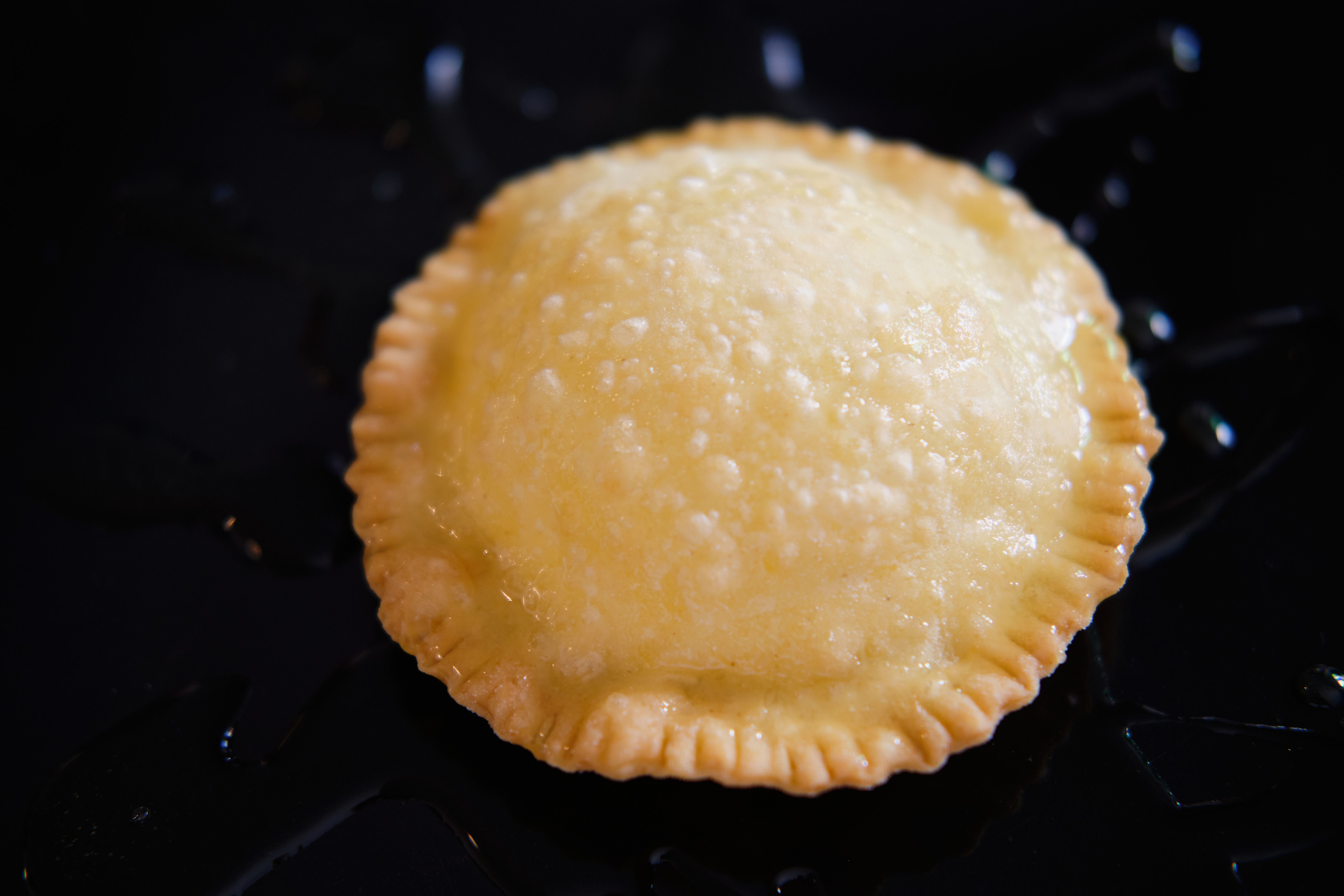Exploring Casu Marzu: Sardinia's Bold Culinary Tradition
Introduction to Casu Marzu
When it comes to culinary traditions, few are as daring or as intriguing as Sardinia's Casu Marzu. Often referred to as the "world's most dangerous cheese," this unique delicacy is not just a food item but a testament to the island's rich cultural heritage. Casu Marzu, which translates to "rotten cheese," is a sheep milk cheese that has been infested with live insect larvae, creating a strong flavor and a creamy texture.

The Making of Casu Marzu
The process of creating Casu Marzu begins with Pecorino cheese, a staple in Sardinian cuisine. This is left outside to ferment, allowing cheese flies to lay their eggs inside. As the larvae hatch, they begin to digest the cheese's fats, resulting in a soft, spreadable texture. The transformation from Pecorino to Casu Marzu can take several months and requires careful monitoring.
The presence of living larvae is what sets Casu Marzu apart. These tiny creatures are essential in breaking down the cheese, enhancing its flavor profile. While the thought might be unsettling to some, for many Sardinians, this is a cherished tradition passed down through generations.
Flavor Profile and Texture
Casu Marzu is renowned for its intense and pungent aroma, a characteristic that reflects its robust flavor. The taste is rich and tangy, with notes of spice and a hint of bitterness. It is typically served with Sardinian flatbread and accompanied by a bold red wine, which complements its strong flavors.
Cultural Significance
Beyond its unique production method and taste, Casu Marzu holds a special place in Sardinian culture. For locals, it represents more than just food; it's a symbol of tradition and identity. Sharing Casu Marzu at gatherings is a way to connect with one's heritage and celebrate the island's distinct culinary practices.
Despite its cultural importance, Casu Marzu faces challenges due to health regulations. It is technically banned by the European Union due to safety concerns related to the live larvae. However, it remains available on the black market and continues to be consumed by those who hold this tradition dear.
The Debate Around Safety
The controversial nature of Casu Marzu often sparks debates about food safety and cultural preservation. While some view it as a potential health risk, others argue that traditional methods have kept consumers safe for centuries. Advocates for Casu Marzu insist that the cheese can be enjoyed safely when produced under the right conditions.
Where to Experience Casu Marzu
For adventurous food enthusiasts keen on trying Casu Marzu, visiting Sardinia is the best option. While it may not be readily available in mainstream markets, local connections can often lead you to an authentic tasting experience. Many Sardinians are proud to share their beloved cheese with visitors who are willing to embrace its boldness.
Exploring Casu Marzu offers more than just a taste of unique flavor; it's an opportunity to delve into the heart of Sardinian culture and history. For those open to stepping out of their culinary comfort zone, this experience promises an unforgettable journey into one of Italy's most intriguing traditions.
